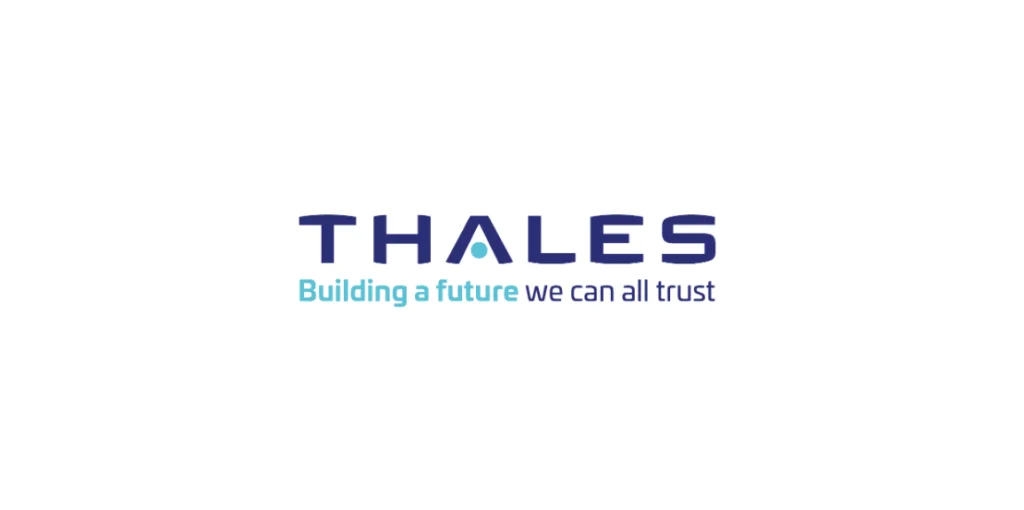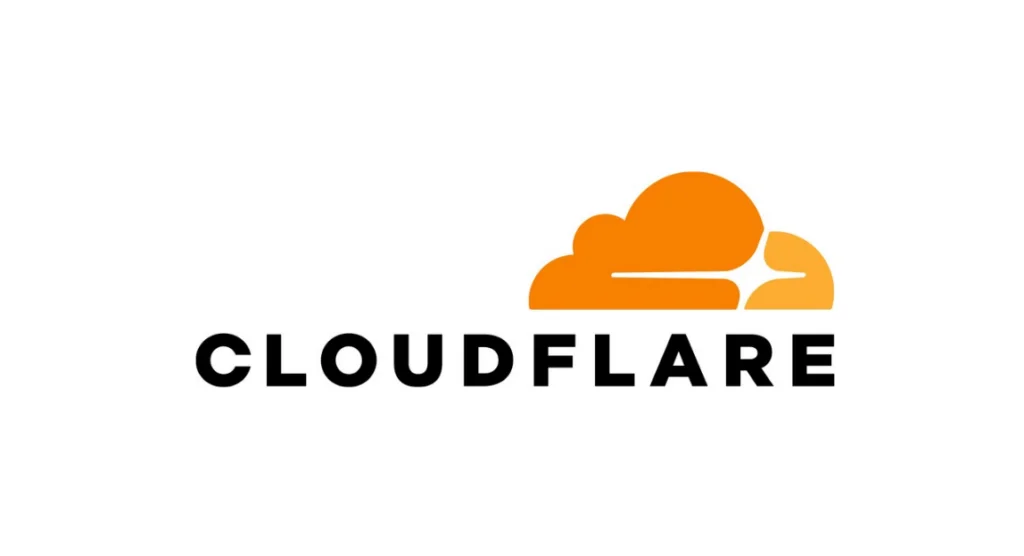Quantum computing may one day create an exponential increase in computing power, but its power to attract private money and venture capital is nearing that exponential rate already.
According to Nature Magazine, since 2012, private investors have bought into about 52 companies that are working on quantum technology. In two years — between 2017 and 2018 — privates funding for quantum companies leaped to almost $450 million. That’s about four times the amount that private groups have invested in quantum tech in the previous two years. Most of that money is coming from venture capitalists, according to Nature, and most of that VC cash is being funneled to companies that are building quantum hardware — the ones that are actually creating qubits, in other words.
This movement of funds from private investment groups into quantum technology signals that quantum computing is gaining widespread acceptance from the mainstream — and is not looked on as a science fiction plot twist. Venture capitalists look for quick turn-arounds on their investments, so they look for game-changing technology that are about to bring in fabulous returns.
Venture capitalists funded much of the dotcom boom in the late 1990s and recently boosted investing in artificial intelligence, investing about $9.3 billion in AI in 2018, according to Nature. The difference in the high amounts of VC investments in AI and the comparatively low current funding levels for quantum technologies suggests there is still room for more funding of quantum computer projects.

Concern still exists and calling this investment trend into quantum computing a boom, could very easily turn into a bust, the journal points out.
For example, most of the startups are being spun out of universities. The success rate of faculty members becoming business titans is less than perfect.
Also, while quantum software startups are busy writing code, a fully realizable, scalable quantum computer isn’t quite there yet. The question may be how quickly hardware reality can catch up to the dreams of software developers. Google’s announcement of quantum supremacy gave hope to many quantum computer backers, especially the ones who have heard the joke, “quantum computers are always 50 years away.”
But many still suggest that quantum technology is full of, well, uncertainty.
“There is a lot of hype right now,” Doug Finke, a computer scientist in Orange County, California, told Nature. He added that quantum technologies that can handle certain computations may be decades away.















